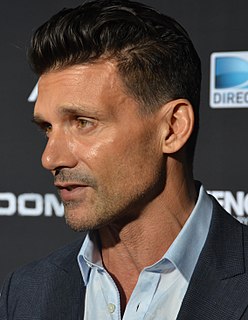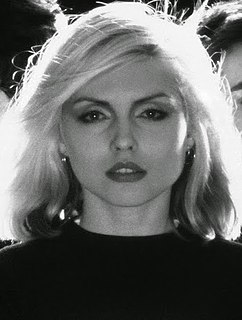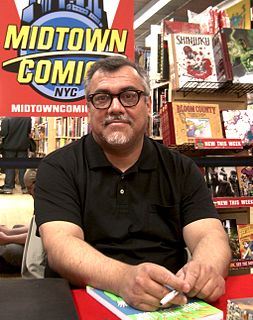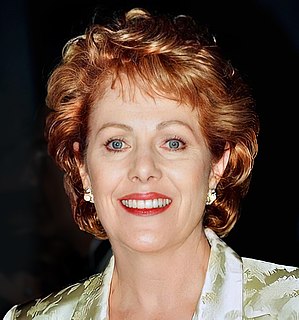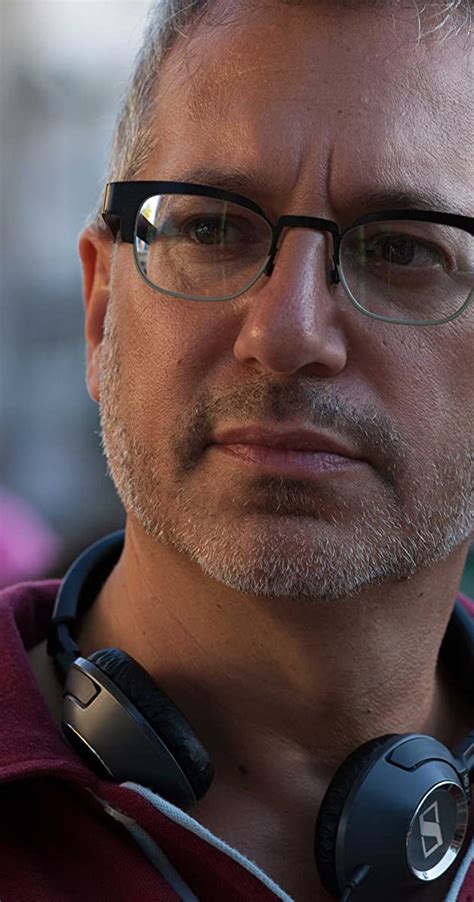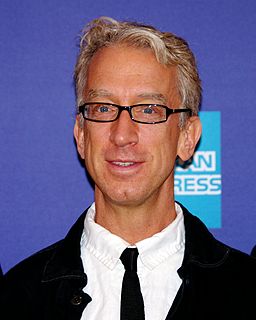A Quote by Frank Grillo
I did 'The Grey,' and it was very intense and emotional because we're in the wilderness, and it was always 30 degrees. You kind of lose your sense of reality in the fact that you're filming a movie.
Related Quotes
When I use the term "complex realism", what I'm suggesting is that the writer must be realist, always realist, but not realist in the sense we have usually used the term in literature. If reality today is different from the reality of 30 years ago, we can't keep describing reality in the same way as we did 30 years ago.
Music has its own emotional embodiment. It carries an emotion with it. When you associate a lyric with the music, it's much easier; but when you're standing there completely dry in front of the camera with no musical background, just a fine-tuned, get-this-emotional-story across, it's a very, very intense kind of focus.
• Eating disorders are addictions. You become addicted to a number of their effects. The two most basic and important: the pure adrenaline that kicks in when you're starving—you're high as a kite, sleepless, full of a frenetic, unstable energy—and the heightened intensity of experience that eating disorders initially induce. At first, everything tastes and smells intense, tactile experience is intense, your own drive and energy themselves are intense and focused. Your sense of power is very, very intense. You are not aware, however, that you are quickly becoming addicted.
Most people lose money because of lack of emotional discipline -the ability to keep their emotions removed from investment decisions. Dieting provides an apt analogy. Most people have the necessary knowledge to lose weight-that is they know that in order to lose weight you have to exercise and cut your intake of fats. However, despite this widespread knowledge, the vast majority of people who attempt to lose weight are unsuccessful. Why? Because they lack the emotional discipline.
He very nearly stole a scene in my movie, and I didn't call him on it because I was just like, Hey, I saw some stuff on SuperDeluxe and how many different films do you have on there? And he goes, This one, this one, Comedy by Numbers and this one and one called 'Bob Pitches a Movie.' And I'm like, Oh! And then I was thinking he would say, which is very similar to the one to the one I did in your movie, but he never did. I just let it go. I don't care.
A lot of people lose a sense of reality when they achieve success. That's a terrible danger because you have to remember who you were and who you are basically and that you're still a person and all that out there is a kin of magic - what people see out there is magic, it's media magic. It's not very real and it's very glamorous, but you have to keep a sense of you through it all.
I guess what I like in my movies is where you see a character change by maybe two degrees as opposed to the traditional movie change of ninety degrees. I guess that always feels false to me in movies because that doesn't truly happen. Around me, at least in the life I live, I guess I don't see people change ninety or a hundred degrees. I see them change in very small increments. I think it's just a monitor I might have on myself as a writer to not make any false scenes.
